No trip to Asia is without a little (or much) shopping. Many places in Asia can spot an Aussie from a mile away. Widely known for our strong accents, big smiles and inquisitiveness; we are typically always on the hunt for a great bargain. Like most Australians travelling through Asia, we often will find the prices are one extreme or the other. Always happy to have a haggle, we are not afraid to leave with an empty suitcase, and arrive back home with two more.
Haggling is undoubtedly a true skill, it is a great way to fend off the increasing costs in Asia, and can save you money on your holiday.
Markets across Asia sell a range of products such as clothes, gifts, art, and electronics. These markets offer the perfect opportunities for visitors to haggle.
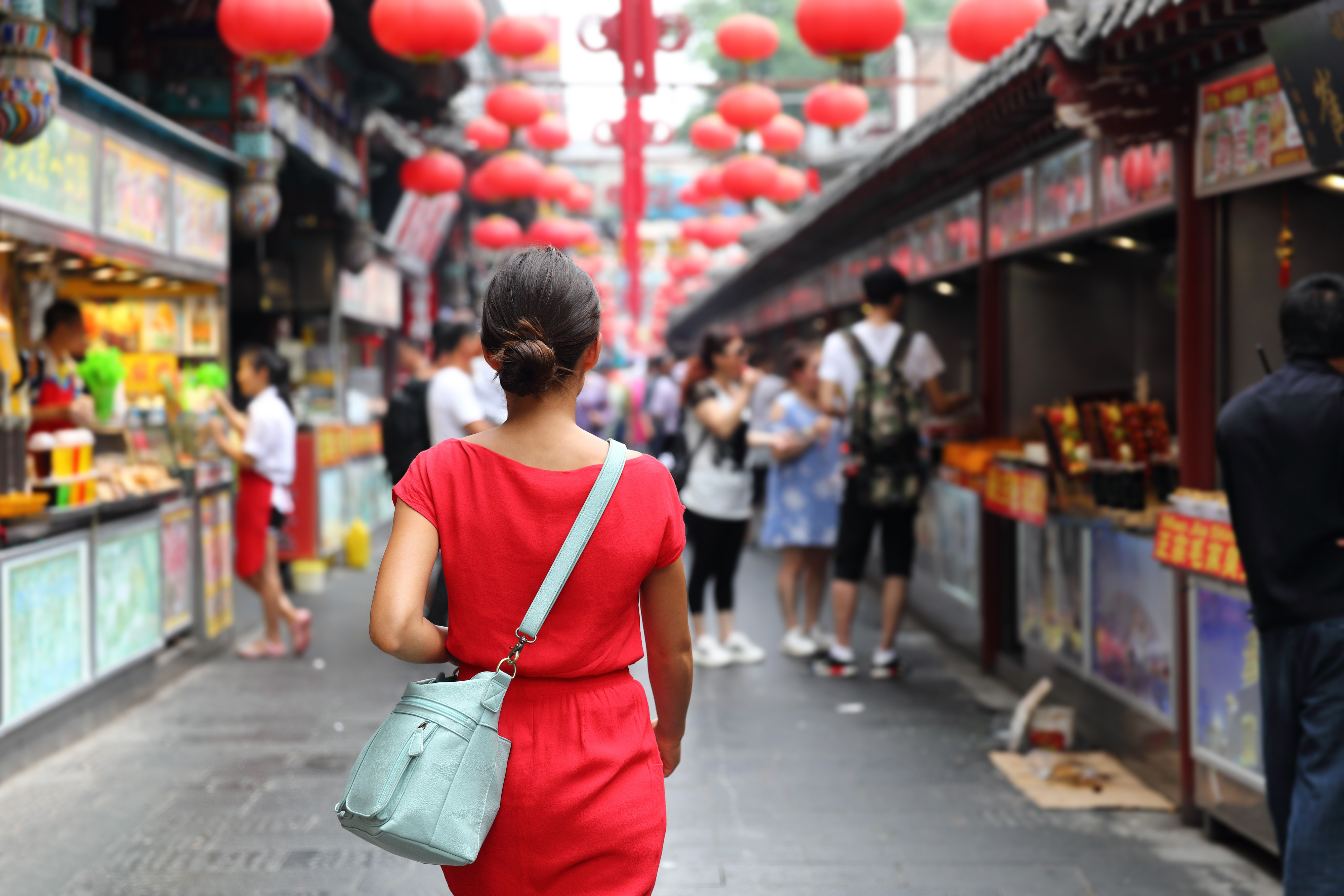
Asian Markets
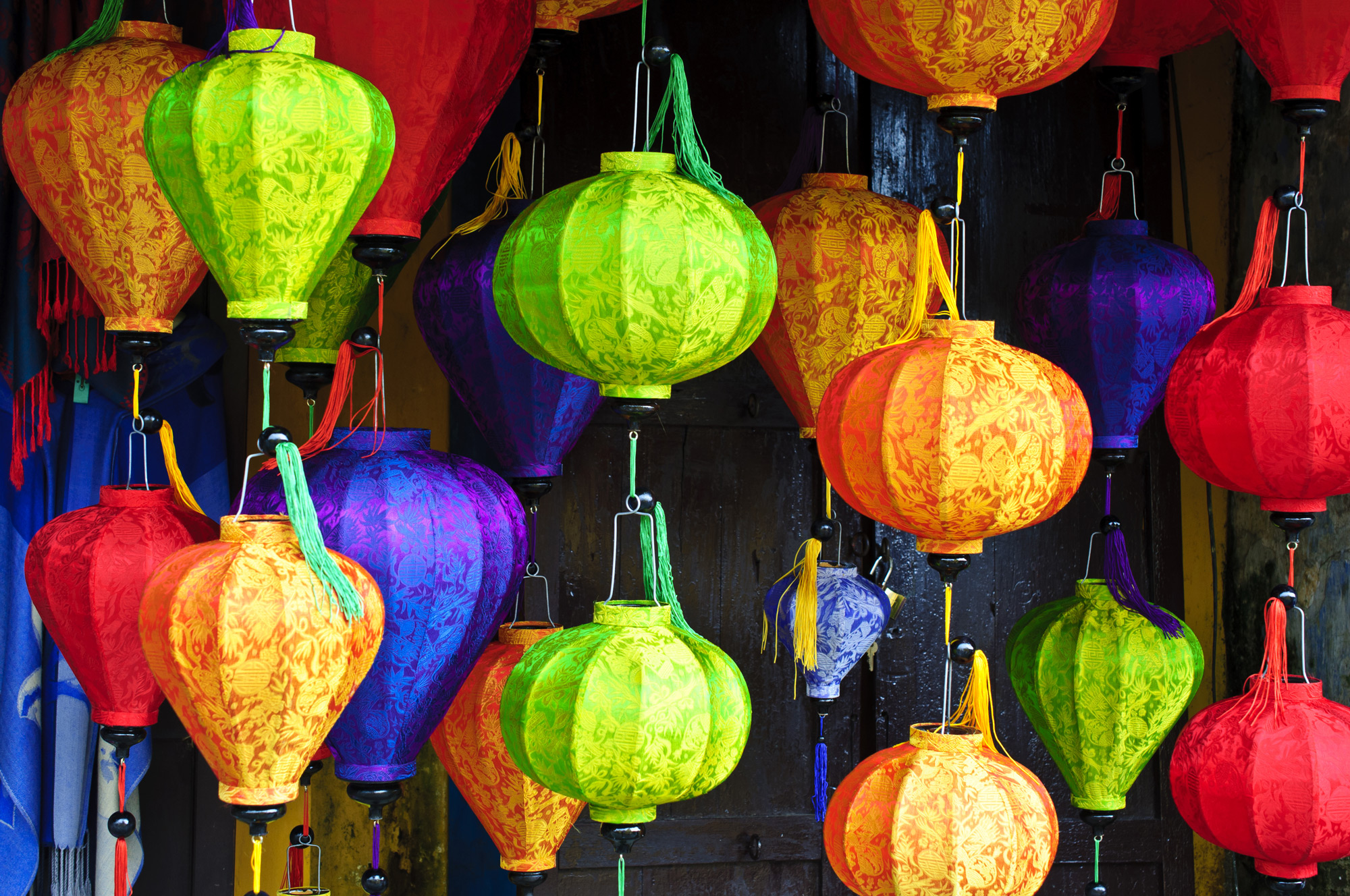
Lanterns in Hoi An
Find your shopping paradise
It is often safe to think that everything sold at a market in Asia is up for negotiation. The exception to the rule, is in shopping centres. Most cities across Asia host terrific markets, from open air and night markets in China, Japan and Thailand, to the floating markets in Indochina. Bangkok’s famous Khao San Road is a hotspot for souvenirs, while in Beijing you can bargain for fried scorpion at the Dinghuamen Night Market. In Delhi’s Pahar Ganj, shophouses line the street, and shopkeepers expect haggling as they spruik to you, while in Laos, the beautiful Luang Prabang night markets host some of the finest local handicrafts in the region.
Wherever you are heading, expect to have a happy haggle to get the best bargain abroad.
It’s ok. You don’t have to feel guilty
Some traveller’s find they feel extremely guilty travelling through Asia. Trying to get an even lower price on something, which is already much, much lower than what we would be paying at home can be quiet confronting.
You should not feel embarrassed or guilty about haggling. It is a part of Asian culture and sellers at markets expect both locals and foreign customers to bargain with them. That said, remember that your dollars go much further in many of these countries. The cost of living is low, so if you’re still haggling over another 50c, consider dropping the haggle, to leave it in the pocket of someone who needs it more than you.
Fun tip: Asia is widely known for the trading of items; bring a packet of fun Australian souvenirs such as Kola bear clips or keyrings. When haggling, offer one in the exchange for a further discount!
Patience is the key
The oldest trick in the book, is not to buy the first thing you see. As overwhelming as it can be, entering into a market place full of hustle and bustle, can lead to you paying almost triple the original price. The locals are great sales clerks, and they can spot a tourist straight of the plane, from a mile away.
You should always have a look around at a few stalls, asking for the best price to see the average of how much it costs. If however, you really don’t think that you will find a similar item elsewhere and you have limited time, then you should consider buying the item there and then. Always try to have a haggle first, and see if they are willing to negotiate the price.
Don’t get too caught up on looking. One of our team members here at Wendy Wu Tours found herself at the Bac Ha market in North Vietnam, and saw the perfect hand woven bag. Waiting for “a better deal”, it was never found again in all the trips, dragging her partner around South East Asia. Moral of the story? If you want it, sometimes you should just get it.
Don’t get too attached
Before you negotiate the price of an item, have a maximum price that you would pay fixed in your head. If the product is more expensive than this, and the seller will not budge on the price, you should walk away. It is important not to get too attached to the item, as that is how you will end up paying too much for it.
You will often find if the seller priced the item too high, and is looking to sell, as soon as you start to walk away, they will call you back and ask to re-negotiate. If not, then it is time to keep looking around at other stores.
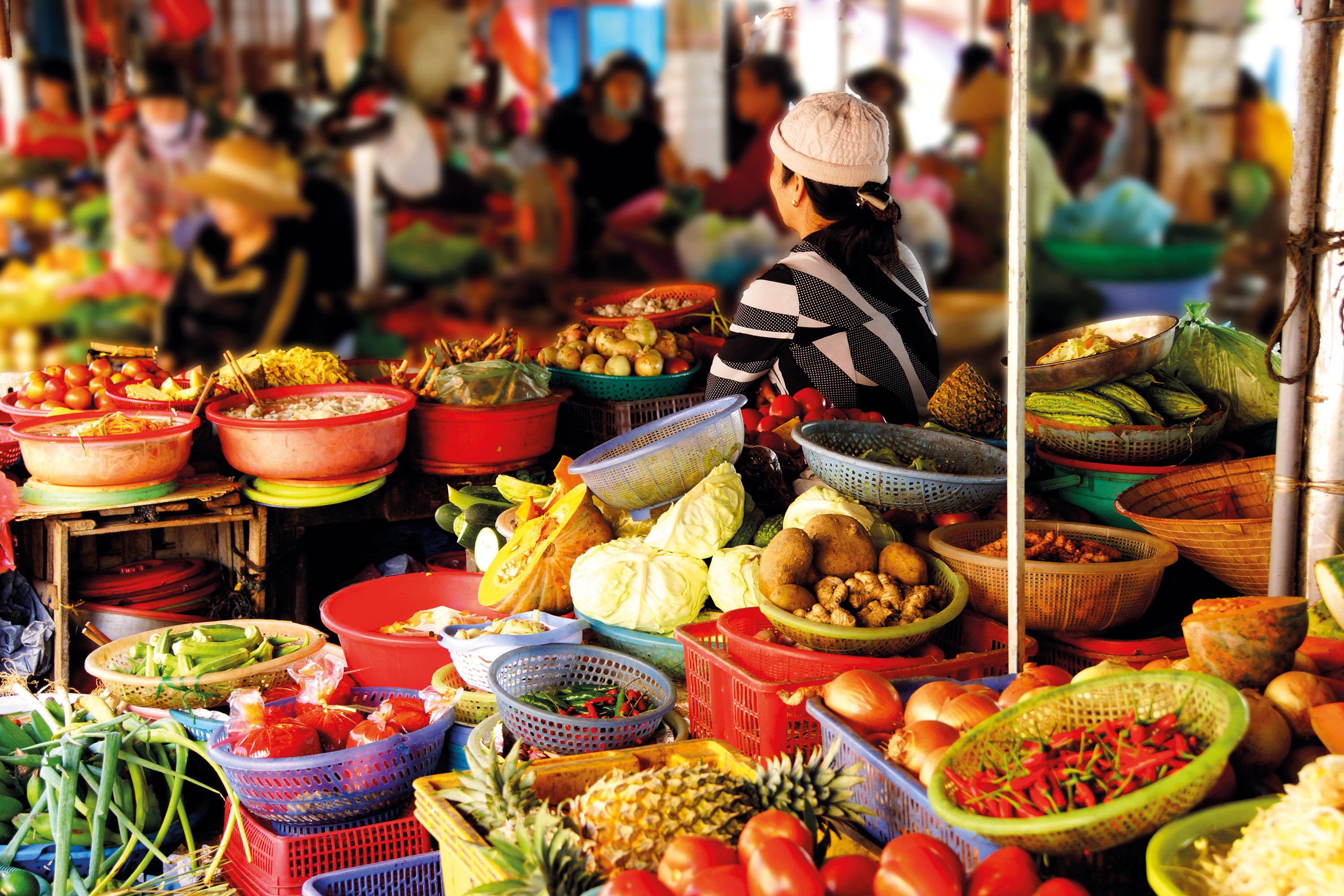
Hoi An Market
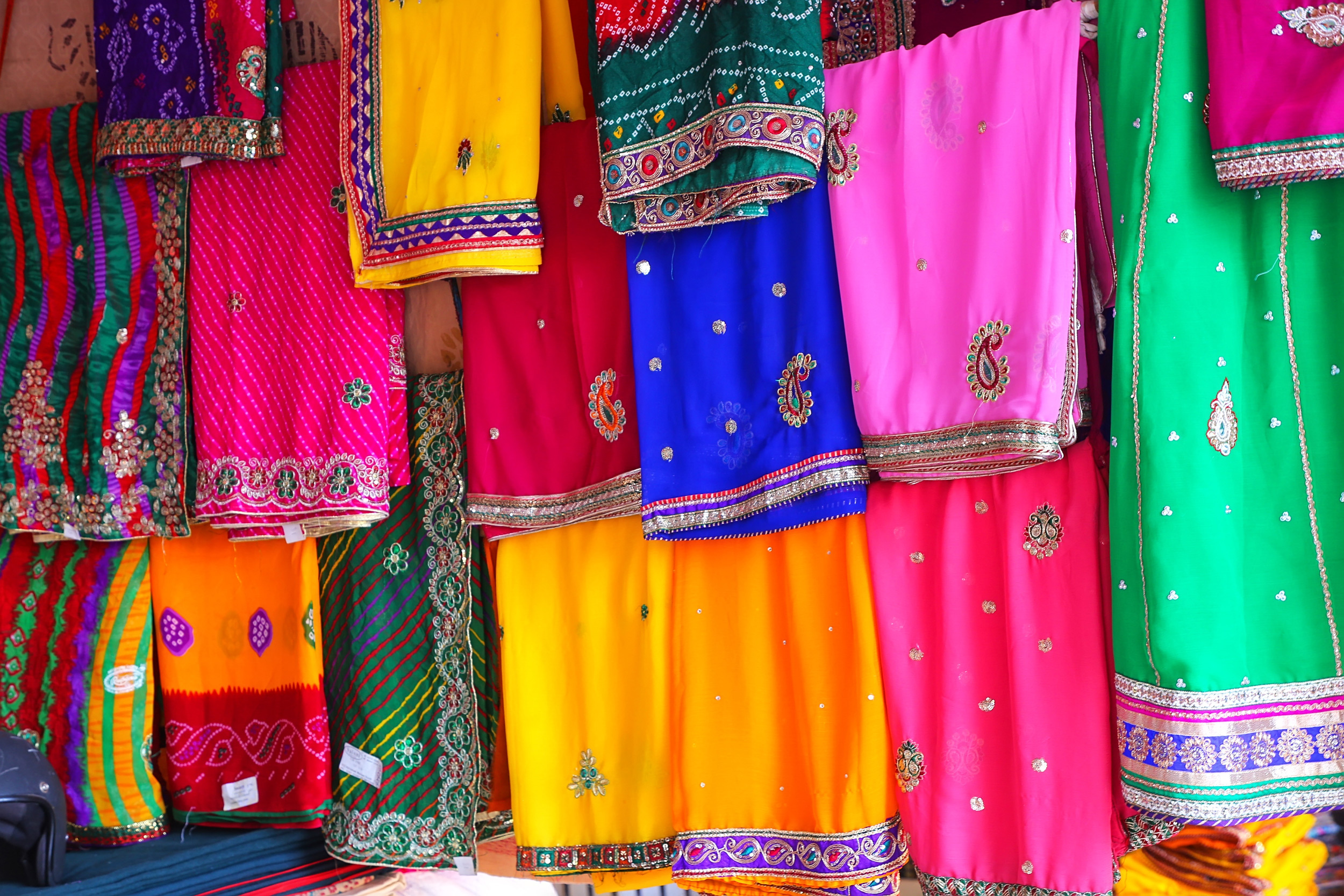
Cloth Market
Speak the local language
Learning how to say everyday phrases such as “hello” or “how much” will show that you are a clued-up tourist.
It will keep the vendor on their toes, as they won’t know how long you have been in the area. This will, in turn, make them more likely to offer a sensible price.
It will also make the experience much more personal. You will find the vendors are much more welcoming to those that are polite, and try to speak their local language.
Remember, “you don’t have that much money.”
By hiding some of your money in a different part of your wallet before approaching the stall, or by putting some of it in your pocket, you might be able to grab a bargain.
Vendors will undoubtedly want the best price for their business. If you say you only have a certain amount, and they see that your wallet reflects this, they might reduce the price of a product so that you can buy it.
Bulk buy
If a vendor will not reduce his or her price, then have a look at their stall. See if there are any other products that you or a family member would like. By purchasing a number of items you will have more weight to bargain on price.
Know the exchange rate
Knowing how much it will actually cost you in your home currency can greatly influence your buying decision.
There are a number of different apps such as “XE Currency” which you can download and use offline to check the exchange whilst you’re haggling. Or, alternatively you can write the values down on a sheet, and carry it around with you in your bag.
Fun tip: Ask for smaller notes at the exchange, or break up larger notes at the beginning of your holiday. Having smaller notes will help when it comes to getting the price you want. Often vendors will pretend they don’t have change, so it’s good to have the right amount.
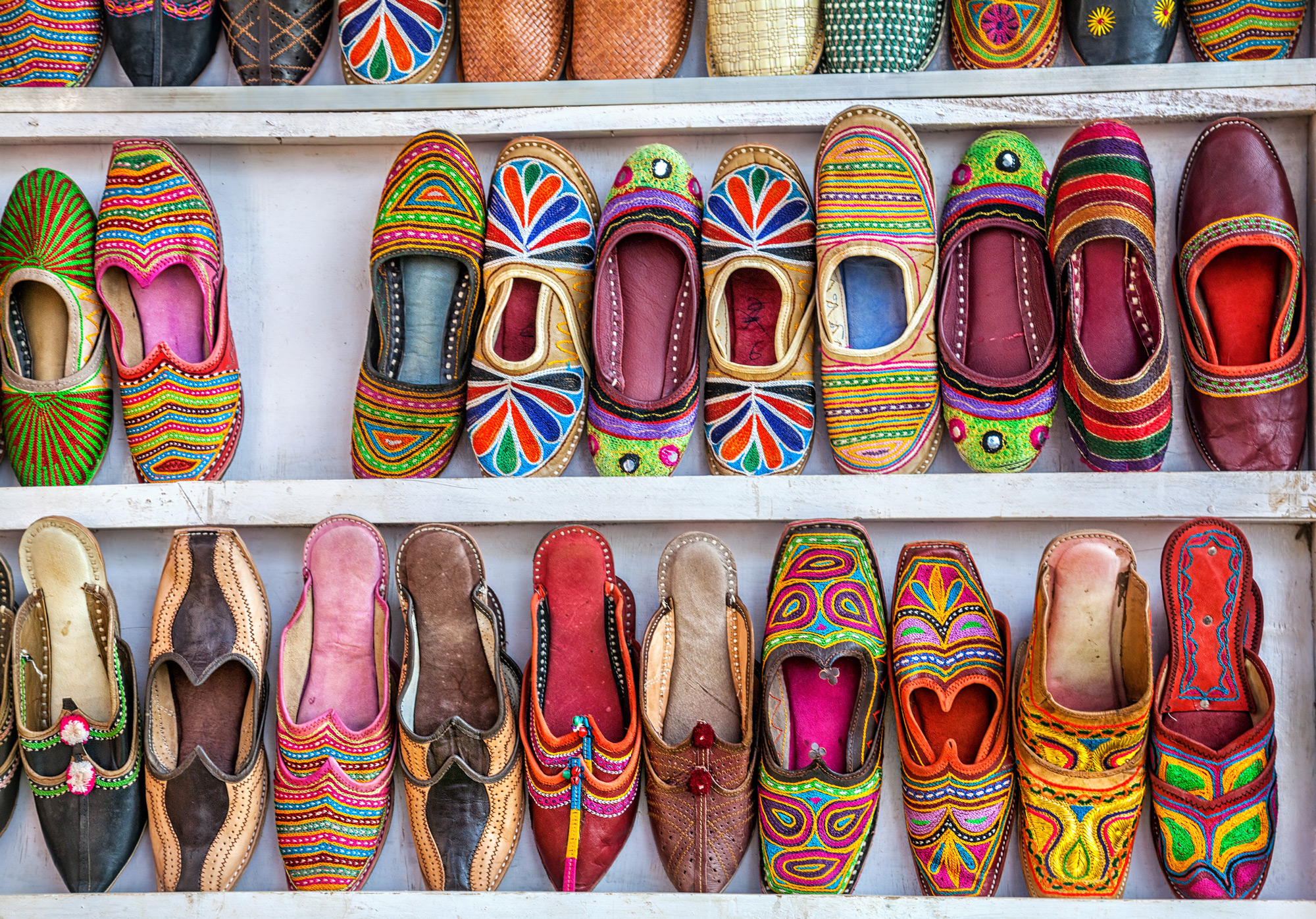
Shopping Opportunities
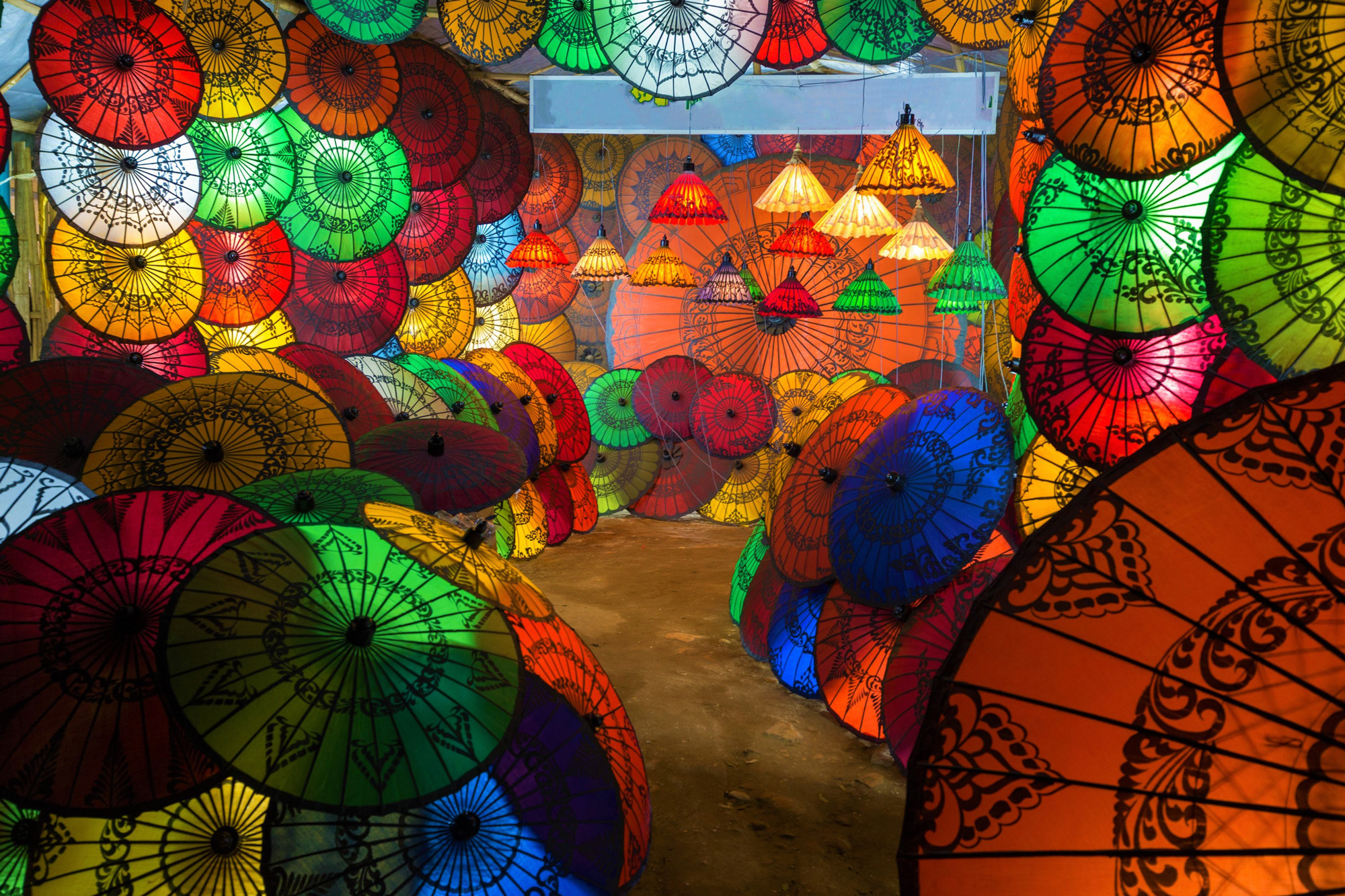
Myanmar Markets
Endnote: check what you’re getting.
A famous anecdote of one of the team reminds us to know what you are getting. Haggling in markets of Ho Chi Minh, a team member remembers haggling for a copy of a famous travel guide. What seemed like a bargain at $5 ended up as toilet paper, as the book was wrapped before buying. When opened, was without maps, and a whole lot more. What’s the learning here? Sometimes, you get what you pay for!
Do you have any haggling tips? If so, please share your tactics in the comment section below.
Subscribe to our blog!
Other blogs that may interest you:
Exploring China’s Yangtze River
What Makes a Good Travel Buddy?
5 Highlights of Cruising Halong Bay & the Red River
Sign up for our free newsletter or request a brochure
